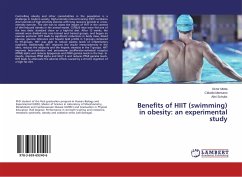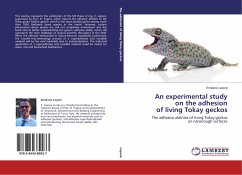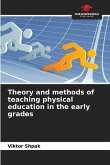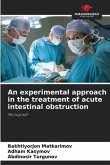Controlling obesity and other comorbidities in the population is a challenge in modern society. High-intensity interval training (HIIT) combines short periods of high-intensity exercise with long recovery periods or a low-intensity exercise. The aim was to assess the impact of HIIT in the context of diet-induced obesity in the animal model. C57BL/6 mice were fed one of the two diets: standard chow or a high-fat diet. After 12 weeks, the animals were divided into non-trained and trained groups, and began an exercise protocol. HIIT leads to significant reductions in body mass, blood glucose, glucose tolerance and hepatic lipid profile in T-groups compared to NT-groups. HIIT was able to reduce plasma levels of inflammatory cytokines. Additionally, HIIT improves the insulin immunodensity in the islets, reduces the adiposity and the hepatic steatosis in the T-groups. HIIT improves beta-oxidation and peroxisome proliferator-activated receptor (PPAR) alpha and reduces lipogenesis and PPAR gamma levels in the liver. In muscle, improves PPAR alpha and GLUT 4 and reduces PPAR gamma levels. HIIT leads to attenuate the adverse effects caused by a chronic ingestion of a high-fat diet.
Bitte wählen Sie Ihr Anliegen aus.
Rechnungen
Retourenschein anfordern
Bestellstatus
Storno








